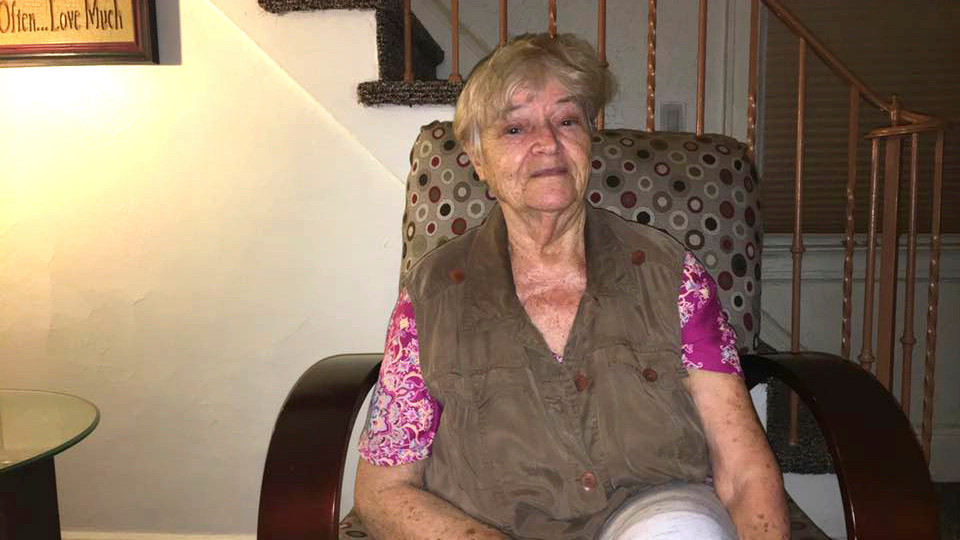Commemorating victims of the Holocaust
Sunday marks the day of Yom Hashoah, memorial ceremony
“It’s important that we continuously remember accurately what happened, why it happened and to whom it happened, so that we can educate those that may have misunderstood history,” Rabbi Jack Zanerhaft, of Temple Emanu-El in Long Beach, said of Holocaust Remembrance Day, which is observed on April 24.
Temples around the world will reflect on Yom Hashoah the night before with ceremonies to remember the victims of the genocide that took place in Nazi Germany in the middle of the 20th century.
Temple Emanu-El will hold a Yom Hashoah program on Sunday at 7 p.m. to commemorate those who died in the Holocaust. The program is open to the community and will feature keynote speaker Taryn Merkl, chief of the civil rights division of the U.S. Attorney’s Office for the Eastern District of New York, who will speak about hate crimes.
The event will conclude with a candle-lighting ceremony. Six candles will be lit to represent the six million people who were killed during the Holocaust.
“We also stand at a crossroads where many of our World War II veterans and Holocaust survivors are reaching an age now where there aren’t that many left,” Zanerhaft said. “In our lifetimes, we won’t have these eye witnesses. These programs are so important for the wider community to see and hear.”
Additionally, the remembrance ceremony comes after President Trump’s administration has made a number of blunders when referring to the Holocaust.
A few days after President Trump took office, a White House statement referencing International Holocaust Remembrance Day on Jan. 27 was criticized by the public because it failed to mention Jewish people or anti-Semitism.
More recently, White House Press Secretary Sean Spicer said that Syrian President Bashar al-Assad was guilty of acts worse than Hitler, referencing the use of chemical weapons and ignoring the gas chambers infamously used to kill people in Holocaust concentration camps.
“I personally just ignore it,” Magda Rosenberg, a Long Beach resident and Holocaust survivor, said of the political statements. “This is going to keep on recurring. Discrimination is never going to stop.”
Rosenberg, who declined to give her age and teaches yoga at the Long Beach Public Library, said that more should be done to help the living victims of the Holocaust. According to the Blue Card, a nonprofit organization that provides aid to Holocaust survivors, about 100,000 survivors live in the United States.
“How about the living?” Rosenberg said. “How about us? Everything is show. Everybody is big with the speeches, building monuments, but they are forgetting the most important thing of all: the living.”
Rosenberg — who lost her left arm during the Holocaust — explained that she believes more effort should be put toward helping survivors.
Of Trump’s failure to address anti-Semitism in his speech, Rosenberg said, “That’s not important. What any politician says is not going to make any difference. There are no answers to anti-Semitism.”
Zanerhaft echoed those sentiments, noting the Trump administration’s recent political missteps and asserting that the concept of Holocaust Remembrance Day is bigger.
“I think the Holocaust transcends politics,” he said.
It’s times like these, he emphasized, when communities need to hold programs to spread awareness of the horrors of the Holocaust.
“It’s so relevant to the world we find ourselves in today,” Zanerhaft said. “We need to remind ourselves what is the unthinkable end game of such tremendous hate. It really helps us bring into focus how each of us needs to fight hatred, discrimination and prejudice.”

 44.0°,
Mostly Cloudy
44.0°,
Mostly Cloudy 




